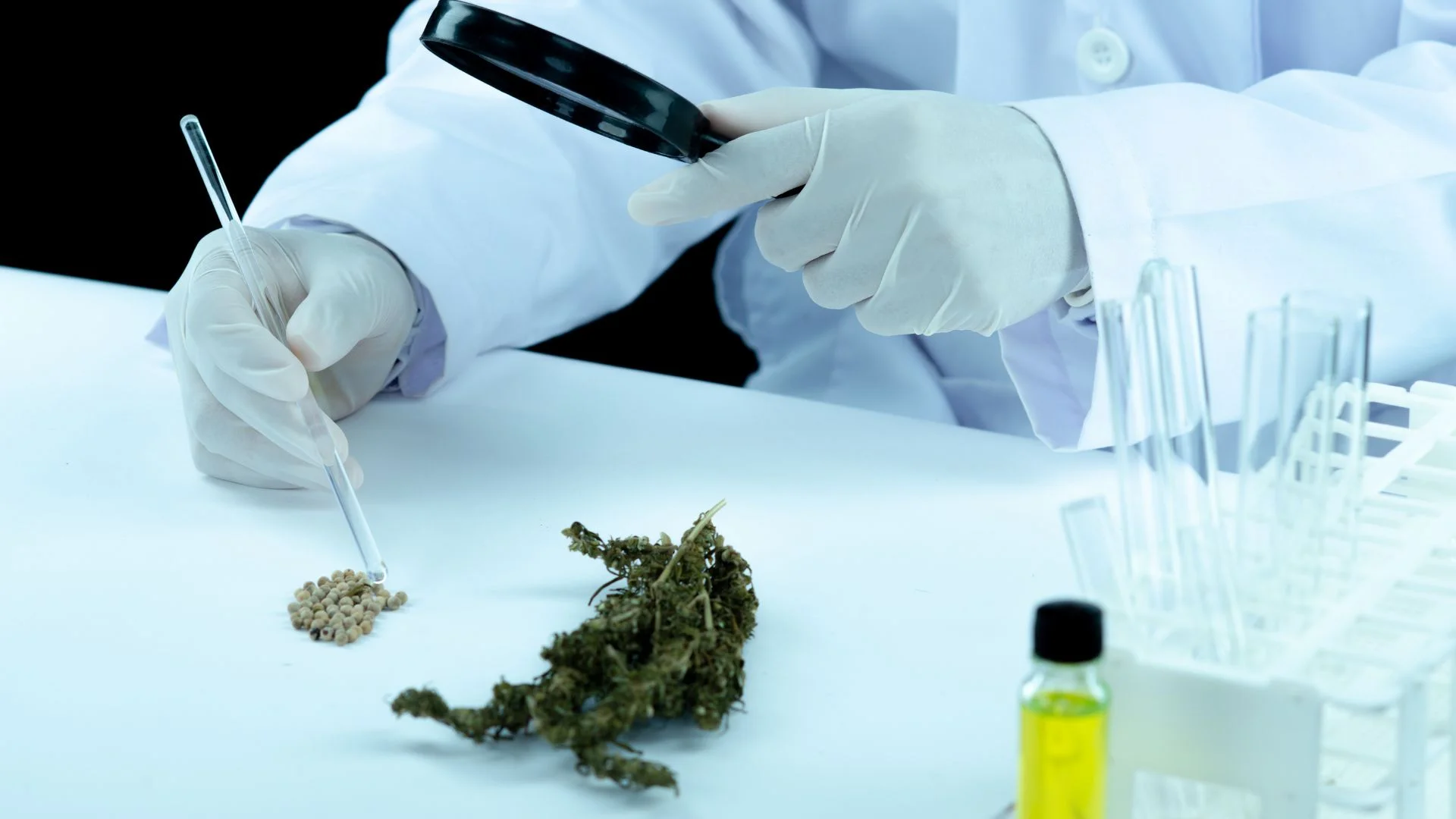

THC (Tetrahydrocannabinol) is the primary psychoactive compound found in cannabis and is typically the target of drug testing when marijuana use is suspected. Despite the increased legalization of recreational and medicinal marijuana in many regions around the world, THC drug testing remains a common requirement in several situations, such as employment or legal proceedings. In this article, we’ll explore the most common misconceptions surrounding THC testing and present the truth to provide a clear understanding of its implications.
Misconception: Synthetic urine can easily pass a drug test.
Reality: Modern drug testing labs have advanced techniques to detect synthetic urine. They check for temperature, pH levels, and other indicators to ensure the sample’s authenticity. A study published in the Journal of Analytical Toxicology found that synthetic urine could be detected in 90% of cases. Additionally, labs are now using more sophisticated methods like checking for specific gravity and creatinine levels to identify synthetic samples.
Read More: Can a DOT drug test detect synthetic urine?
Misconception: Consuming vinegar or cranberry juice can cleanse the body of THC.
Reality: There is no scientific evidence supporting this claim. These methods are ineffective and can sometimes be harmful. A study confirmed that such home remedies do not significantly alter THC metabolite levels in the body. Moreover, uncontolled consumption of these substances can ultimately cause medical issues such as stomach upset and electrolyte imbalances.
Misconception: Using CBD products will result in a positive THC drug test.
Reality: Pure CBD products should not contain THC or only trace amounts within legal limits (0.3% in the U.S.). However, some products may be mislabeled or contaminated. A study in JAMA found that 21% of CBD products were mislabeled, leading to potential positive THC results. Consumers should seek for independent laboratory test reports to confirm the accuracy of CBD products.
Read More: Can Secondhand Smoke Cause Drug Test Failure?
Misconception: THC is only detectable while it is psychoactive.
Reality: THC metabolites can remain in the body long after the psychoactive effects have worn off. Urine tests can detect THC metabolites for up to 30 days after use, depending on frequency and quantity of use. A study in Drug and Alcohol Dependence showed that chronic users could test positive for THC metabolites for up to 77 days. Blood tests, on the other hand, can detect THC for a shorter period, typically up to a week.
Also Read: What's the difference between CBD & THC?
Misconception: Hair tests cannot detect recent marijuana use.
Reality: While hair drug tests are more effective at detecting long-term use, they can still identify recent use. Hair follicle tests can detect THC metabolites for up to 90 days. The study in Forensic Science International confirmed that hair testing is a reliable method for detecting both recent and past marijuana use. However, it is important to note that hair tests may not detect very recent use (within the past week) as it takes time for THC metabolites to be incorporated into hair follicles.
Misconception: There is no point in challenging a positive THC test result.
Reality: If you believe a positive result is erroneous, you have the right to request a retest or provide additional information. Understanding your rights in the testing process is crucial. A study in the Journal of Occupational and Environmental Medicine found that 5% of positive drug tests were overturned upon retesting. Factors such as cross-reactivity with other medications or lab errors can sometimes lead to false positives.
Synthetic urine is not foolproof, vinegar or cranberry juice won't help, and CBD products can sometimes cause positive results. Challenging a positive result is possible, and hair tests can detect past marijuana use for up to 90 days. Being informed empowers individuals to make better decisions regarding THC drug testing.
Whether it is about THC drug tests or other illicit drugs, goMDnow stands tall by providing streamlined drug and alcohol testing services near you out of 20,000 Quest diagnostic testing centers. Contact us today and let the process begin.
Journal of Analytical Toxicology : Journal of Clinical Pharmacology: JAMA Drug and Alcohol Dependence : Journal of Occupational and Environmental Medicine: Journal of Occupational and Environmental Medicine